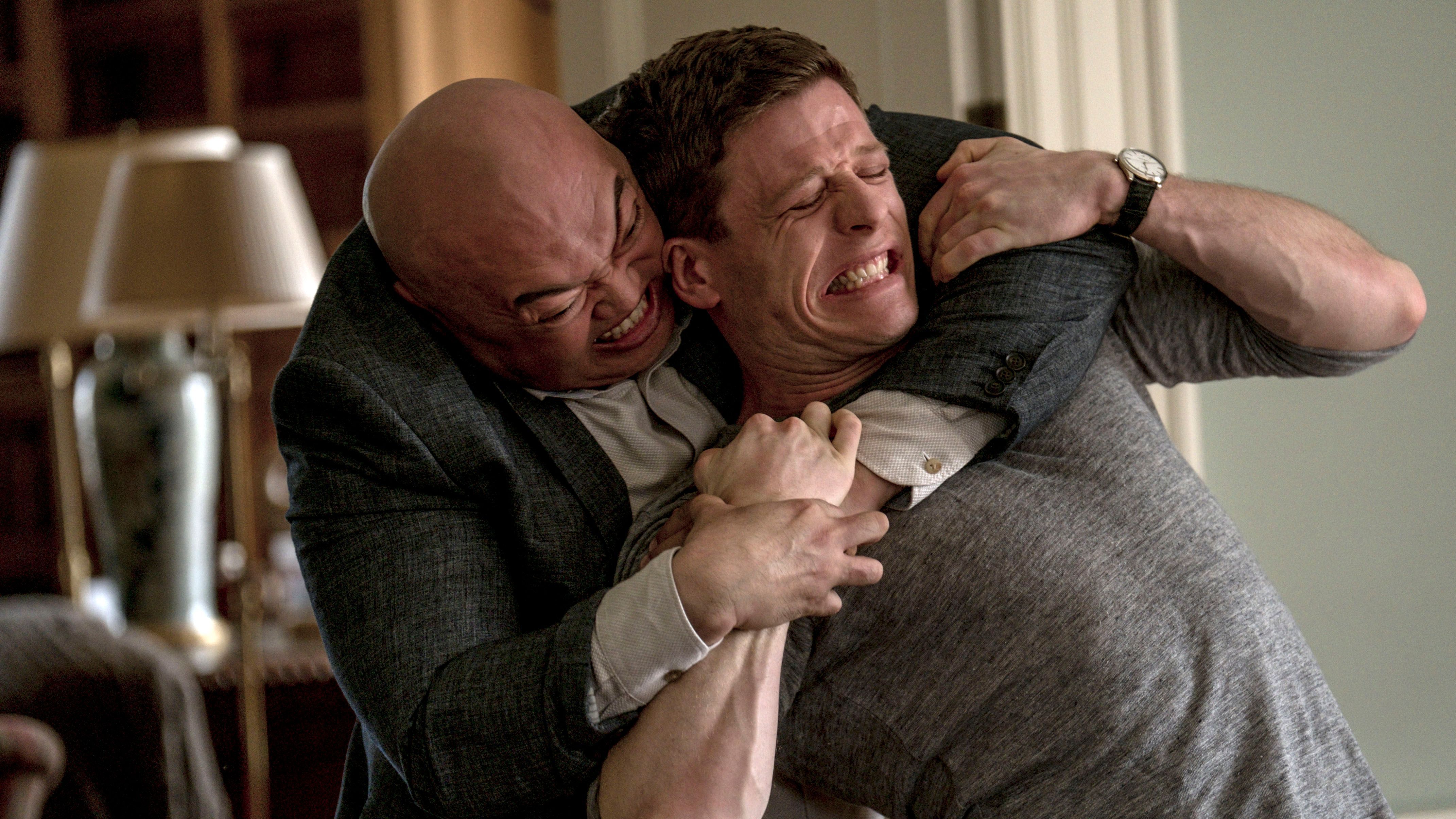Is TV unnecessarily violent?
Violence in TV is something so unsurprising in our daily, mainstream viewing that we hardly blink an eyelid to dismembered limbs and bloodshed. However, is violence on TV necessary, and especially the extreme violence that has been heavily criticised in recent shows like Gunpowder and McMafia? More importantly, is it damaging to a society to become so desensitised to violence?
Firstly, the hugely successful Game of Thrones is heavily based on its portrayal of violence and sexual assault. The consistently graphic perception of callous acts has become such a norm in the show that nobody questions the extreme violence they have witnessed. However, if this violence was omitted, would the show remain as successful? If so, why is the violence portrayed in such extreme detail when toning it down would appeal to a wider audience without potentially detrimental copycat actions?
If this level of violence was a purely detrimental thing, we wouldn’t allow it to be included onscreen
Violence in TV has been questioned by many scholars and critics, asking about its influence on the most passive and impressionable audience members, specifically young children. If children are witnessing bloodshed from a very early age, do they then become desensitised to violence if and when they see it in real life? It seems that we are starting to hit a crossroads in society, with more extreme onscreen violence (especially that directed towards women) being subject to condemnation, but we still have to ask: what effect does the portrayal of such extreme violence daily through the medium of television have on the actions of ordinary people?
It is important not to completely demonise violence on TV, however. Battle scenes, bloodshed and fighting help to tell a story. If we witness an argument between two people on screen that doesn’t end in violence, are we not somewhat disappointed in the anti-climax? We, as audiences, are sophisticated enough to understand the difference between real and acted violence. The battles between fire-breathing dragons and knights are examples of pure spectacle – we know they aren’t real and therefore can enjoy watching them without a threat to our lives. We must also consider that, in the case of torture scenes in Gunpowder or McMafia, it would be fundamentally dishonest to present them in any other way – the needs of the drama warrant the level of violence. If this level of violence was a purely detrimental thing, we wouldn’t allow it to be included onscreen.
Violence in TV will never go away, and it may in fact get worse
The age-old argument that ‘sex sells’ stands true, and the same can be said about violence. Its portrayal on screen is glossy, obviously dripping in production money and we, as audience members, love it. Violence in TV will never go away, and it may, in fact, get worse as we become used to seeing the same battles and gory deaths on screen. The most important aspect that audiences need to bear in mind when witnessing such extreme violence is that it is not real. As long as the violence we see on TV remains in the land of fantasy, audiences should feel free to enjoy as much gore and blood as their stomachs (and minds) can handle.

Comments